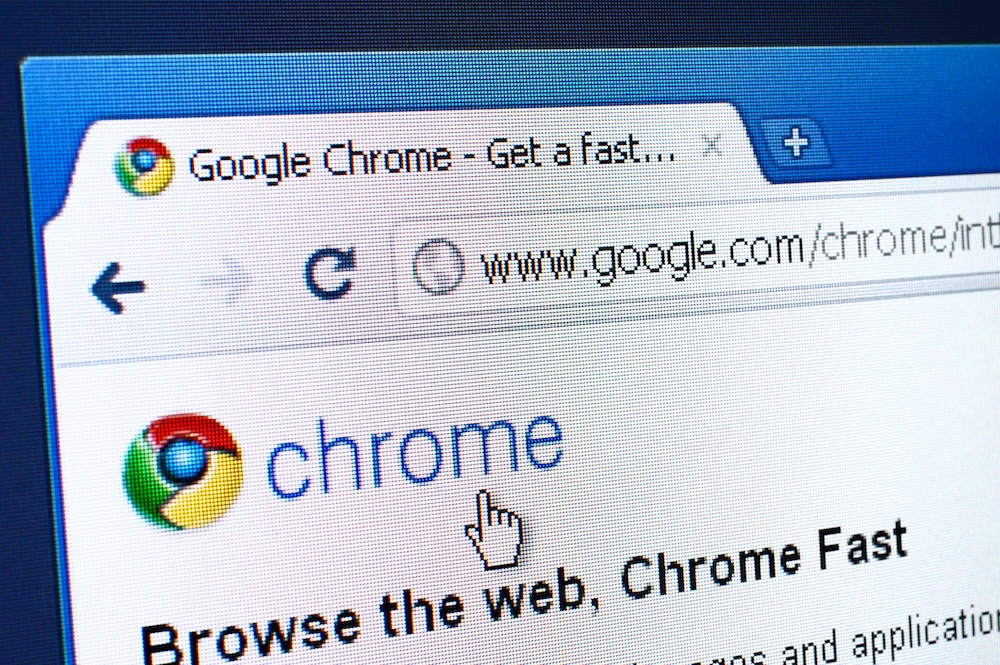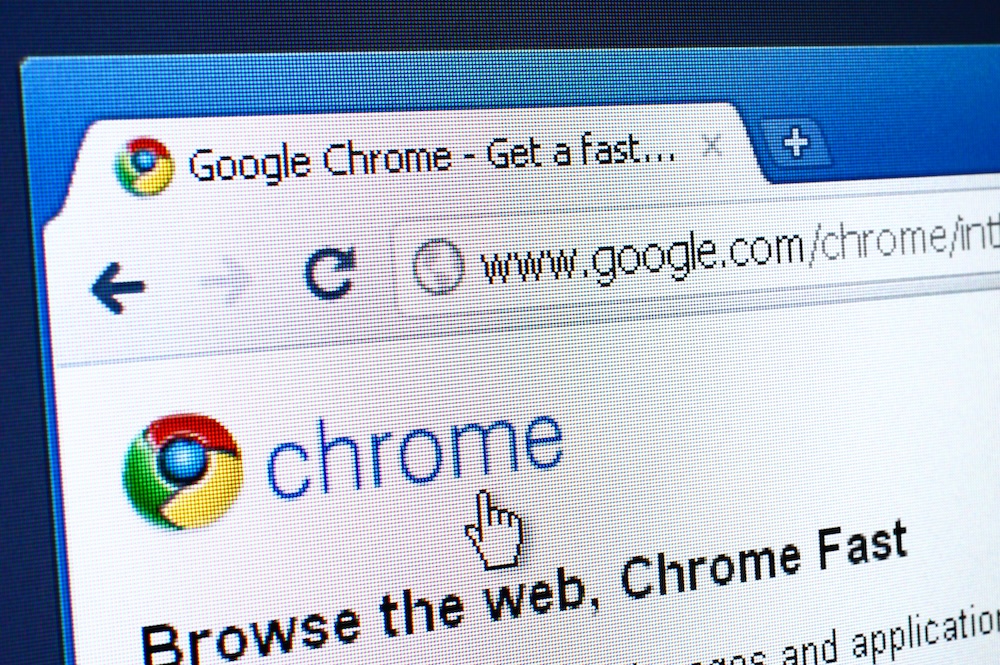The remedy phase of Google’s antitrust trial is underway, with the Department of Justice (DOJ) seeking significant penalties against the company after it was ruled a search monopolist. Among the proposed remedies is forcing Google to sell Chrome, its popular web browser. OpenAI’s head of product for ChatGPT, Nick Turley, testified at the trial, stating that his company would be interested in buying Chrome if Google were forced to sell.
The DOJ’s proposed remedies also include forcing Google to share its search index with competitors. OpenAI has previously expressed interest in partnering with Google to access its search API, but was turned down. Turley noted that having access to Google’s search data would enable OpenAI to provide a better product to users and restore competition in the search market.
Chrome is a significant asset, with 4 billion users and a 67% market share. If OpenAI were to acquire it, they could integrate ChatGPT throughout the browsing experience, creating an “AI-first” experience. This could also provide valuable user data for training AI models.
OpenAI has considered building its own Chromium-based browser and has hired former Google developers to work on the project. The company has the financial backing of Microsoft, its partner, to make such a purchase.
Google has argued that Chrome cannot survive as an independent company, but the existence of its lucrative search placement deals suggests otherwise. If Google is forced to sell Chrome, OpenAI might be a potential buyer, potentially leading to a new “AI-first” browsing experience.
The Potential Implications of Selling Chrome
The idea of selling Chrome raises questions about its potential buyer and the impact on the online landscape. While OpenAI has expressed interest, other companies might also be potential buyers. The DOJ believes that divesting Chrome would help level the online playing field.
OpenAI’s Vision for Chrome
Turley was clear about OpenAI’s intentions: “Yes, we would [want to buy Chrome], as would many other parties.” He envisioned an “AI-first” experience, integrating ChatGPT into the browser. This would not only change how users interact with the browser but also provide OpenAI with valuable data for training its AI models.



